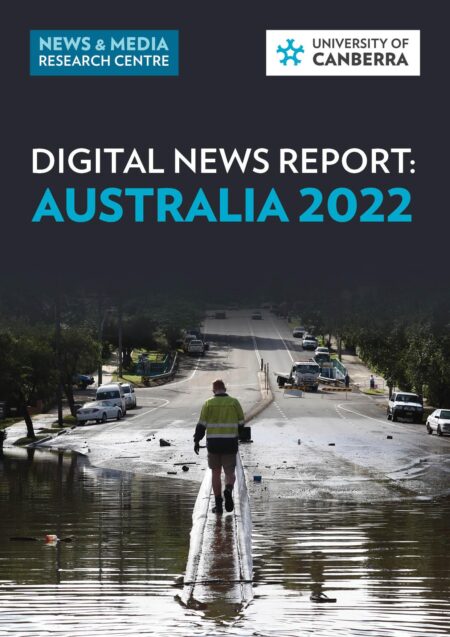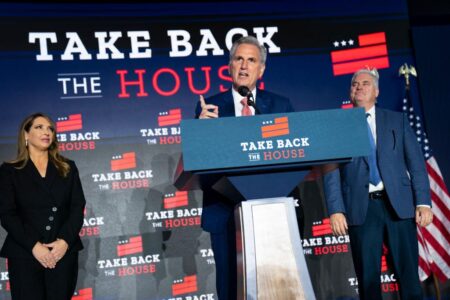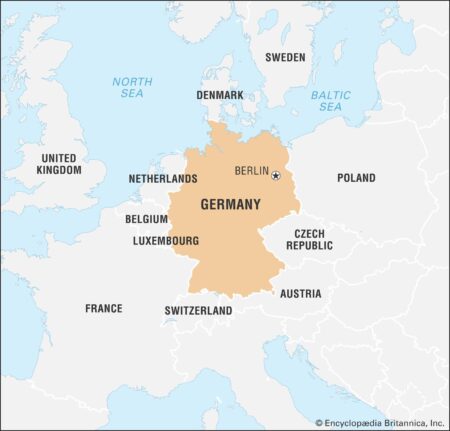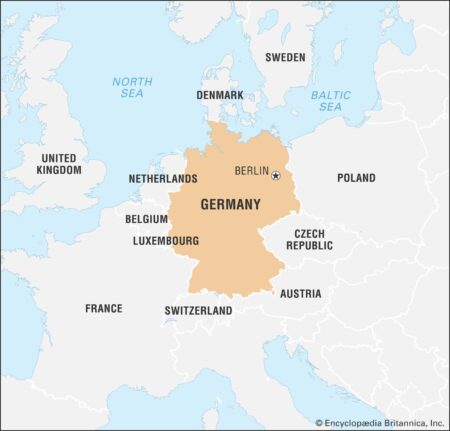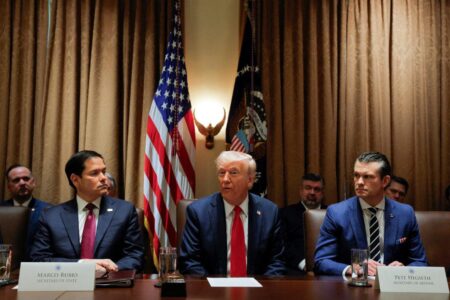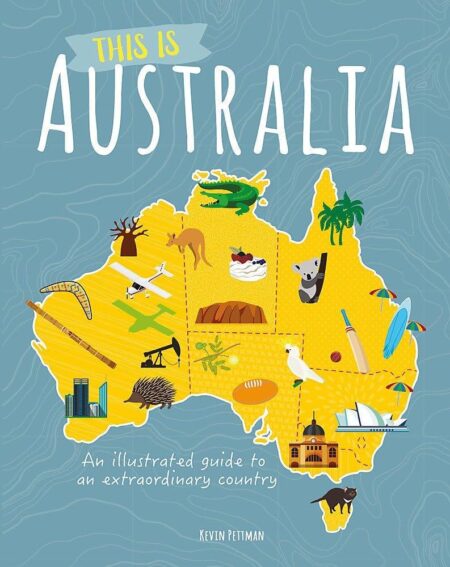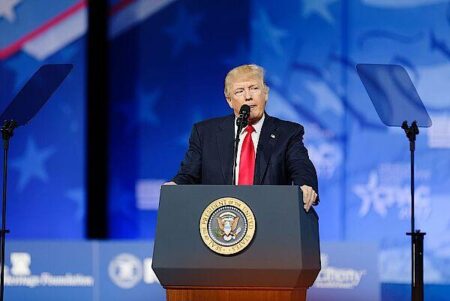In the week of April 8-14, Australia saw significant developments in research funding and policy. The government announced new grants aimed at supporting innovation in renewable energy, while universities pushed for reforms to enhance international collaboration.
Browsing: policy
House GOP holdouts have successfully delayed a crucial vote aimed at advancing former President Trump’s legislative agenda. The standoff highlights ongoing divides within the party, raising questions about unity and the future of GOP priorities.
Germany’s opposition leader, Friedrich Merz, has unveiled a coalition deal aimed at stimulating economic growth and addressing migration challenges. The agreement seeks to unite various factions in a bid to bolster Germany’s stability and prosperity.
Germany’s Friedrich Merz has finalized a coalition deal aimed at addressing the rising challenges posed by a resurgent Trump administration. The agreement underscores the urgency for European leaders to unify against potential political shifts across the Atlantic.
The Trump administration has urged the Supreme Court to intervene and block a lower court’s order requiring the return of a Maryland father who was deported. The case highlights ongoing tensions around immigration policies and their legal challenges.
In a striking revelation, Donald Trump’s trade chief made a four-word admission that could explain Australia’s recent trade challenges. This unexpected statement raises questions about underlying motives behind Australia’s position in ongoing negotiations.
Japan’s former Defense Minister Shigeru Ishiba is advocating for a comprehensive agreement with the U.S. to address tariff issues. As tensions rise over trade policies, Ishiba emphasizes the need for collaboration to secure mutual economic interests.
As Trump-era tariffs pose a challenge, Argentina is intensifying efforts to secure a trade deal in Washington. Officials aim to bolster economic ties and mitigate potential impacts of U.S. tariffs on Argentine exports, highlighting the urgency of negotiations.
As Australia approaches the election, the opposition party has abandoned its policy advocating for a return to the office. This strategic shift reflects shifting priorities and the need to resonate with voters increasingly embracing flexible work arrangements.
Canada has issued a warning to travelers regarding the powers of U.S. border agents to search electronic devices without warrants. The advisory highlights the importance of personal privacy and the potential risks associated with cross-border travel.
The Trump administration is urging French companies to adhere to its recent ban on Diversity, Equity, and Inclusion (DEI) initiatives. This controversial policy aims to reshape corporate practices abroad, raising concerns about its impact on global business standards.
Germany’s new parliament is shaking things up with surprising developments. From an influx of youthful representatives to unprecedented coalition dynamics, discover the five wildest aspects shaping the future of German politics.
France’s new digital registration system for migrants has introduced significant challenges, with many facing technological barriers and accessibility issues. This shift has complicated the process of securing necessary documents, leaving vulnerable populations at risk.
Beijing’s long-anticipated decree is poised to bolster China’s private sector, offering critical support for economic recovery. Analysts suggest that this policy shift may restore investor confidence and stimulate growth in an increasingly competitive landscape.
In light of recent UK aid cuts, advocacy groups emphasize six critical areas still deserving attention. From climate resilience to gender equality, these issues remain pivotal in addressing global challenges and ensuring sustainable development.
In a recent statement, Canada‚Äôs new Prime Minister Mark Carney reaffirmed the nation‚Äôs sovereignty amidst escalating trade tensions with the U.S., declaring, ‚ÄúCanada will never be part of the US.‚ÄĚ His remarks underscore a commitment to maintaining Canadian independence in negotiations.
In a dramatic late-night meeting, a critical 3 a.m. showdown solidified Merz‚Äôs innovative strategy to revitalize Germany’s economy. Key stakeholders rallied behind the plan, marking a pivotal moment for the nation’s financial future amid escalating challenges.
The Tony Blair Institute for Global Change emphasizes the need for a coordinated effort across all government sectors to harness the UK’s AI potential. A whole-of-government approach is crucial for fostering innovation, competitiveness, and ethical standards in AI development.
The U.S. plans to hold a hearing to examine China’s initiatives aimed at enhancing its semiconductor industry. This move highlights ongoing concerns over technological competition and national security as both nations seek dominance in critical tech sectors.
The UK Intellectual Property Office (IPO) has launched a survey aimed at shaping the future of design law in the UK. This initiative seeks input from stakeholders to address emerging challenges and opportunities in the design sector, ensuring a responsive legal framework.

